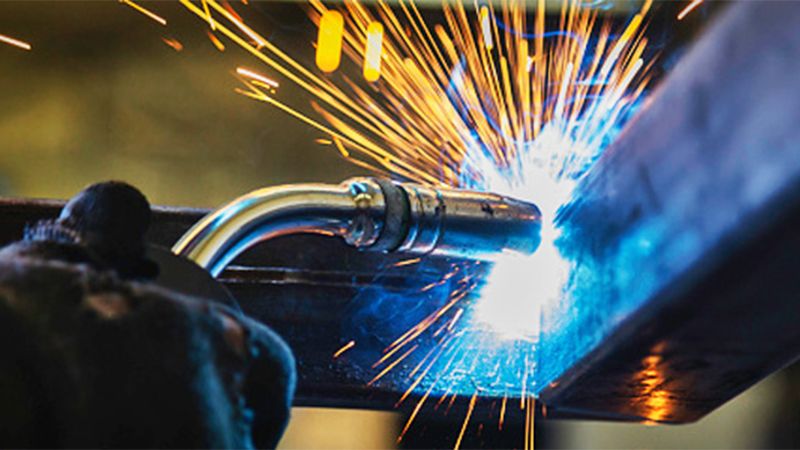
What Does Manufacturer Mean? What Are the Differences Between Manufacturing and Production?
Differences Between Manufacturing and Production?
The terms "manufacturing" and "production" are often used interchangeably, but they can have different meanings in specific contexts. Here are the general differences between these two terms:
1. Manufacturing:
- Manufacturing refers to the process of physically assembling materials or components to create a product.
- Manufacturing typically involves mass production or batch production processes. For example, the production of thousands of similar cars in an automobile factory.
- Manufacturing may require the use of specific machines, processes, and labor.
- Factors such as product quality, cost, and production speed are often crucial.
2. Production:
- Production is a broader term that encompasses the entire process of creating a product or service. Manufacturing is just one part of this process.
- Production includes activities such as product design, planning, material sourcing, processing, assembly, storage, distribution, and even post-sale services.
- Production is not limited to physical products; it also includes the production processes of services. For example, the process of preparing and serving food in a restaurant represents a type of service production.
- Production is typically a part of the overall operations and management of a larger business or organization, encompassing not only the production of the product but also its management and planning.
Traditional Manufacturing Methods?
Traditional manufacturing methods are production techniques that have been used for centuries and have been widely applied in industrial processes. While these methods have gradually given way to faster, more efficient, and flexible manufacturing methods with the development of modern automation and digital technologies, they are still used in some industries and small businesses. Here are some of the traditional manufacturing methods:
1. Handcrafting: This method involves the complete or predominantly manual production of products by skilled craftsmen. It is commonly used in areas such as handicrafts and custom furniture making.
2. Casting: Casting is a method in which metals or other materials are melted and poured into a mold to achieve the desired shape. For example, cast iron products are produced using this method.
3. Woodworking: Woodworking involves cutting, carving, and assembling wooden materials to create products. It is commonly used in furniture making.
4. Weaving and Knitting: Weaving and knitting involve the production of fabric by weaving threads together. It is used in clothing, home textiles, and carpet production.
5. Ceramics and Pottery: Ceramics and pottery are created by shaping clay and then firing it in a kiln. This method is used to make various ceramic products.
6. Stonemasonry: Stonemasonry involves cutting and shaping stones to produce building materials or sculptures.
7. Diamond Cutting: Precious stones are cut and polished using diamond cutting techniques.
8. Carving: Carving involves cutting or carving shapes into materials such as wood, stone, or other substances to create decorative elements or sculptures.
9. Textile Craftsmanship: Traditional methods of making clothing or handwoven fabrics.
10. Jewelry Making: Precious metals are processed and crafted to create jewelry items using traditional handcrafting methods.
These traditional manufacturing methods are characterized by craftsmanship, artistic value, and uniqueness. However, modern manufacturing methods can offer higher production speed, cost-effectiveness, and repeatability, making them more commonly preferred in large-scale industrial production.
What Does Manufacturer Mean?
Manufacturers are individuals or businesses that process raw materials to create finished products. They typically aim to optimize production processes to reduce costs and enhance product quality. As a result, manufacturers can possess a wide range of expertise and experience, spanning from product design to the production process. Manufacturers are significant contributors to economic growth and employment. Their produced goods fulfill consumer needs and are utilized across various industries in the market, thereby contributing to the vitality of the economy.

